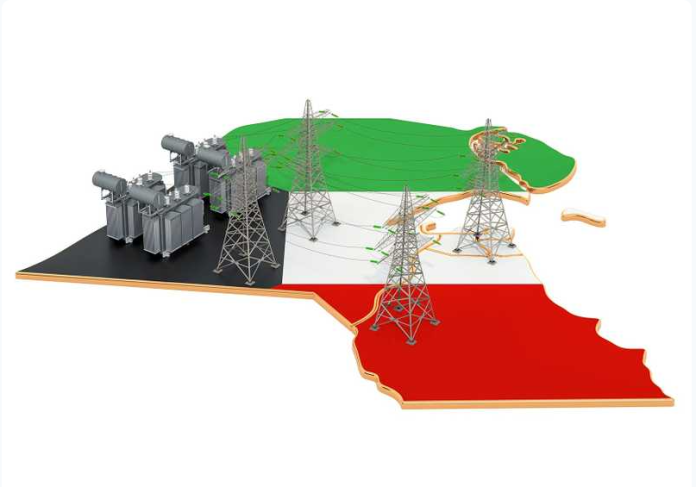An increase in the subsidy bill of approximately KD 5 billion in the general budget is expected by the end of 2022, which came after a sizable growth of about KD 1.6 billion, an Arab daily reported. The source said the main reason for the increase is the record-breaking jump in oil prices, exceeding the USD 100 per barrel barrier. The state’s oil revenue is also expected to rise by the end of the current fiscal year 2022-2023.
Sources also revealed that the increase in the average price of a barrel of oil will result in the increase in the cost of various subsidies, such as fuel for operating stations, support for refined products and liquefied gas. This will be reflected on the government subsidy bill in the general budget of KD 3.5 billion.
Moreover, energy and fuel subsidies account for up to 45 percent of the total expenditures allocated to subsidies in the budget, the source indicated. This includes various types of subsidies such as educational, social and housing support, in addition to energy subsidies. Official figures of the general budget showed four main items account for about 88 percent of the total subsidies. The share of the energy and fuel subsidies amounted to about 44.6 percent, followed by educational, social and housing subsidies at 23 percent, 12 percent and 10 percent, respectively.
In addition, the average selling price of Kuwaiti oil has reached an estimate of USD 100 per barrel since the beginning of the current fiscal year (7 months), compared to USD 65 per barrel according to the estimates of the general budget, which indicates an increase of 54 percent between the achieved and estimated prices. If the current prices continue, the surplus for the current fiscal year may reach about KD 10 billion. The subsidies allocated to fuel and energy required to operate power and water plants, or related to vehicle and aircraft fuel, based on the current average oil prices, may reach about KD 2.5 billion by the end of the current fiscal year.
On the other hand, sources confirmed that the committee that will reevaluate the various types of state-provided subsidies and charged with conducting a periodic review of gasoline and fuel prices according to specific periods and international oil prices, decided to maintain the current prices of fuel and not increase them. The source noted that this is part of the government’s efforts to confront the global and local inflation wave, especially that any increase in energy prices at present will create a negative impact on price levels in various sectors.
According to the latest report monitoring fuel prices in the GCC states, the government has preserved levels of energy and fuel subsidies in the country for years, hence, energy prices in Kuwait remain the cheapest in the region and among the cheapest in the world.

















